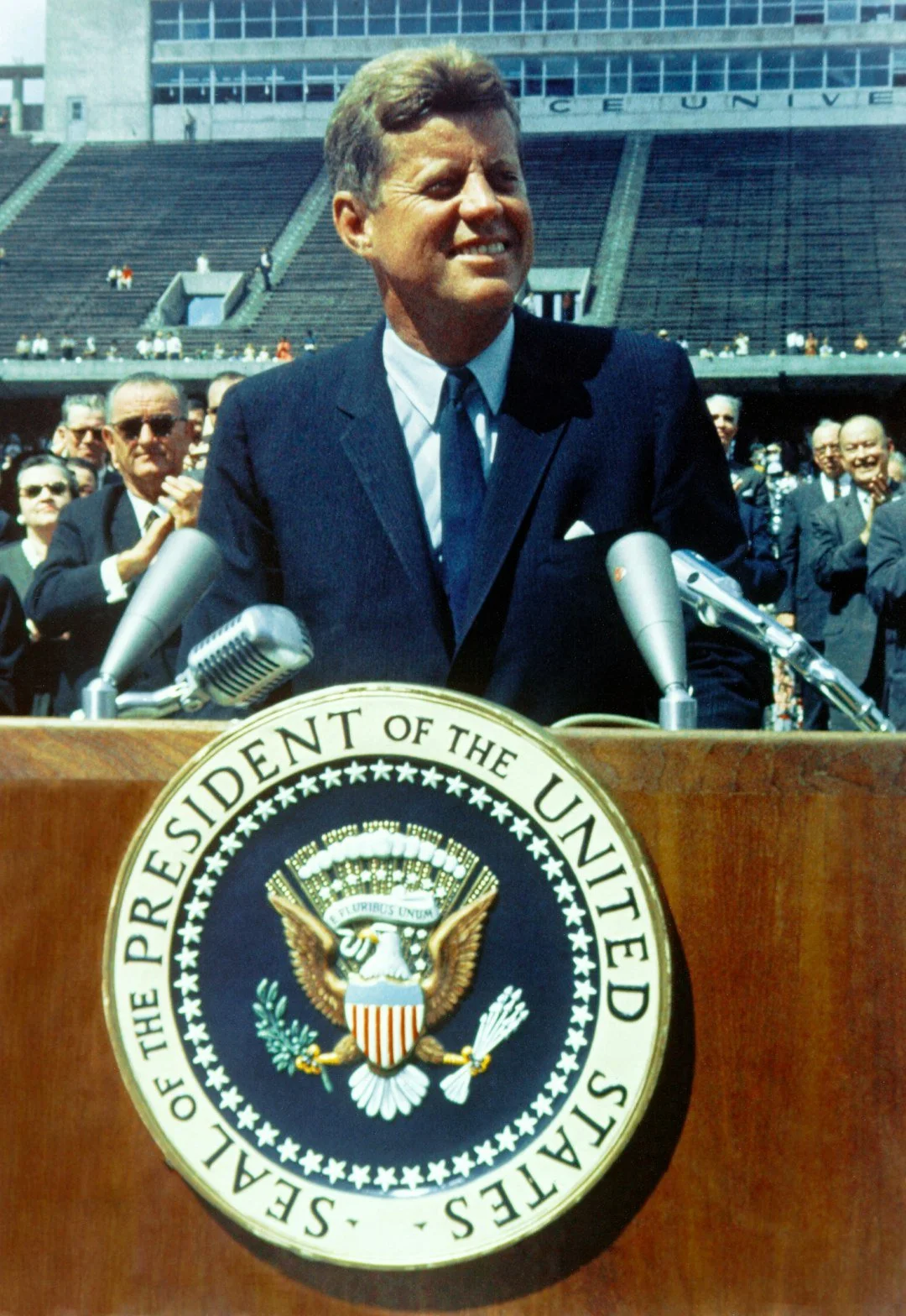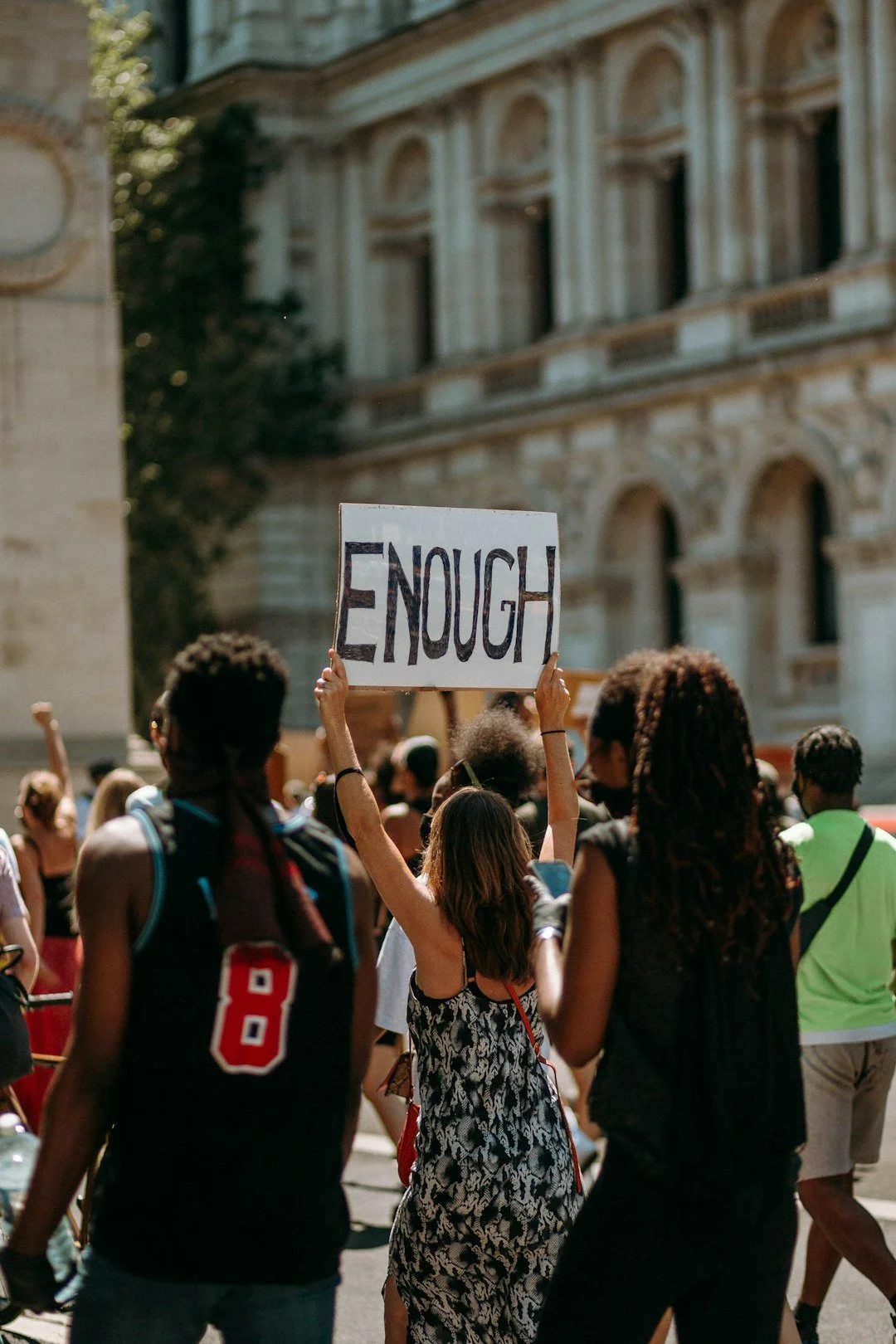I’ve been thinking about the death of our more perfect union.
During my forty-five years as a Marriage and Family Therapist, I’ve seen hundreds of couples trying to save their marriages. But too many are unable or unwilling to do the work this entails, so their marriages end. Sometimes it’s for obvious reasons: infidelity, financial cheating, tragedy like the loss of a child, or an illness or injury that destroys the companionship. Sometimes there’s no tragedy, just the slow silencing of what once was the intimate conversation that held these two so close to one another.
BECOME A FREE SUBSCRIBER TO I’VE BEEN THINKING
Sadly, these couples often come too late for therapeutic help. They no longer trust one another enough to have those conversations. They may chit-chat over dinner, catch up on how the kids are doing; they may even continue a custodial sex life, just enough contact to deceive themselves about the true distance between them. But whatever heartbeat once pumped life into their shared experiences has diminished to a faint pulse or has stopped beating altogether.
When a couple and I realize that love has died, I tell them they have three options: they can dig deep together and try to give birth to a new way of loving one another (a very difficult task!); they can recognize the death of their love and decide to separate and divorce; or they can continue pretending that what is dead is somehow worth holding on to, so they drag around for months or years the corpse of what was once a living relationship. To dissuade them from this third option, I define it for them as marital necrophilia. That’s often disgusting enough to get them to consider one of their other options.
It's hard not to see this kind of necrophilia reflected in our current political culture.
I believe the purpose of politics is to make decisions that move all of us forward: enhancing our personal and collective safety and freedoms; providing each of us with greater opportunities in education, employment, earning power, and personal growth; encouraging us together to create a more perfect union. We don’t need to be political lovers, or even friends, but such a process requires a basic respect for the other side that grants them personal worth, the freedom to speak, and the right to be listened to.
I grew up in a political culture that could be fiercely partisan. Democrats and Republicans belittled the other sides’ convictions and policies. In a battle with the steel industry, President John Kennedy once said, My father always told me that all businessmen were sons of bitches, but I never believed it until now. Yet he appointed Robert Mc Namara, a Republican and former head of the Ford Motor Company, as his Secretary of Defense. Republican President Ronald Reagan had his legendary afternoon bourbon-sipping meetings in the White House with Democratic Speaker of the House Thomas “Tip” O’Neill. Republicans and Democrats were fierce opponents but were also clear that, when it came to their vision of American, they shared a common commitment to our democratic heritage. And it was a political given that political opposition stopped at our shorelines; when it came to foreign policy, Republicans and Democrats spoke with one voice.
Only in recent decades did cooperative conversations stop; since Pat Buchanan and Newt Gingrich in the 1990s, Republicans began to frame their political opponents as their enemies. Only since then has the right come to believe that our differences define us more clearly than our common democratic values do.
Our shared body of political convictions is now the corpse of what once was our common way of governance; it is democracy’s necrophilia.
In developing strategies for what to do now within these new circumstances, I begin by reminding myself of a few things I will NOT do or be. I will NOT dehumanize those on the other side, but instead will listen to them, try to understand even their endless list of grievances, and maintain some sense of empathy for their circumstances. I will NOT resort to violence, either verbally or physically; such violence is the warfare that never enhances our democratic conversation but destroys it. I will NOT resort to euphemisms to keep the peace with family, friends, or political opponents, but will call racism, misogyny, anti-immigrant bullying, chronic lying, greed, homophobia, transphobia, and political corruption by their proper names.
In my moral vocabulary, We is as important as I. Maybe this is because I grew up listening to that man who said, over and again, love your neighbor as yourself, and who went on to define neighbor in the most inclusive way. The American experiment has been an ongoing struggle to translate these convictions into the political belief that all of us are created equal. Not equal in the grammar school retort against this idea: all of us are not equally tall or short or smart or strong. Rather, we are equal in our intrinsic worth as human beings and ought to be politically equal in our opportunities to thrive in this democracy.
The right today has a very different moral political order, one that I stand in opposition to. Its core value is self-interest. These believers claim a unique right to political and cultural power for straight, white, Christian men. They define themselves as morally and politically superior to any Other: other race, other gender, other sexual orientation, other country of origin. The right is run for and by billionaires who have benefitted from the current economic conditions more than anyone else; their great grift has been convincing regular working- and middle-class Americans that what's good for billionaires is somehow good for them too.
In practical terms it has been difficult to discern what to do to navigate these chaotic and dangerous times. I've come up with a few ideas so far.
First, I want to learn as much as I can about whatever is going on. I read and listen and talk about these issues, frankly a rebound from the quiet, observant posture I took between the 2024 election and this January 20th inauguration.
Second, I support those political candidates, administrative officials, legislations, and movements that correspond to my commitment to We as well as I. I give money where I think it has a chance to enhance the common good, whether to a local agency, a legislative initiative, or a candidate. I happened to see an interview with Democratic Representative Abigail Spanberger, who will run this fall as a Democratic candidate for governor of Virginia to replace a term-limited Republican. She’s the first one on my list for campaign contributions.
Finally, as much as my knees and back ache with the weight of age, I’m ready to be on the streets again, even if it means leaning against a lamp post. I’ve been inspired of late by the spontaneous demonstrations across the country where people are saying NO! and ENOUGH! with their voices and their feet. It’s time for me to join them yet again.
Beyond these admittedly small responses, I don't know what else to do right now. I know enough to stop dragging the corpse around; the right no longer shares a common belief in democracy. I’ve given up expecting them to share my values; they think the world would be better if I and my convictions didn't exist. You can't really have a conversation in those conditions; all you can do is try to protect the most vulnerable and build the groundwork for a better set of alternatives.



